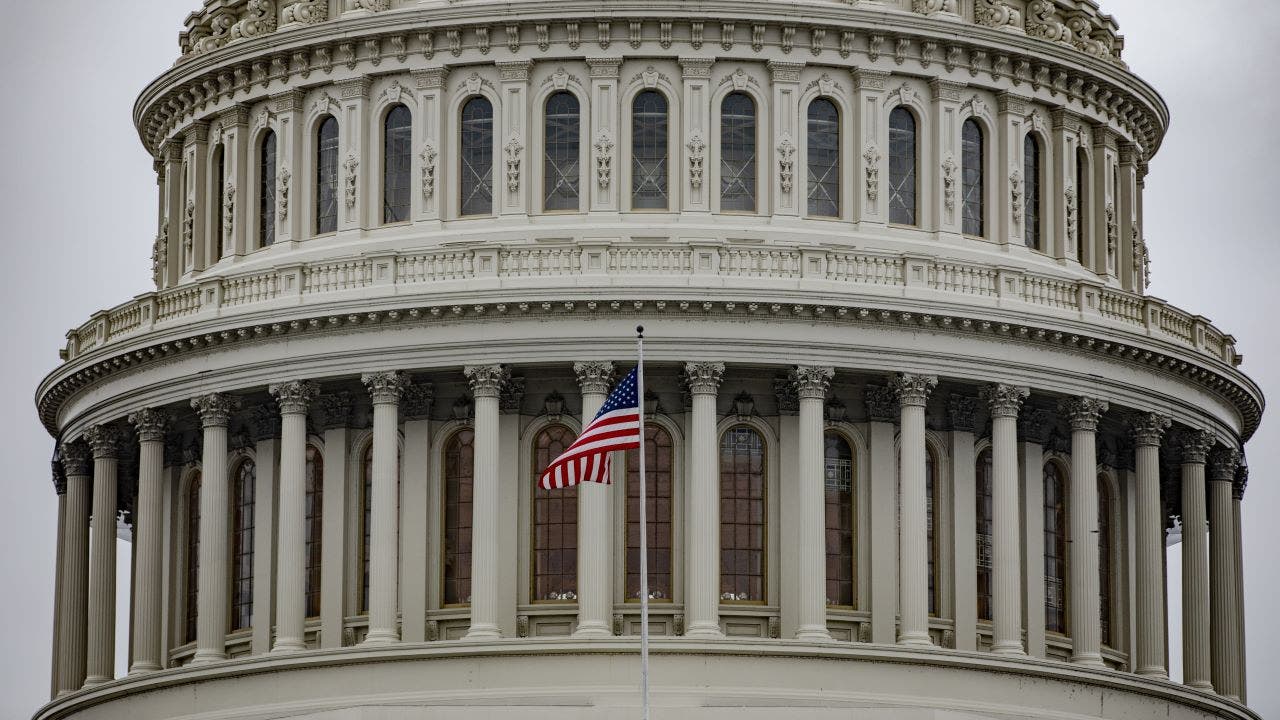
Republican lawmakers have introduced a proposal to restructure the Medicaid program, aiming to make significant changes to how health care coverage is provided to more than 70 million low-income Americans. This move comes as the lawmakers face a self-imposed deadline of July 4 to finalize their plan.
The proposed overhaul is expected to realign the federal-state partnership that currently governs Medicaid by introducing new conditions for states and enrollees. Although the full details of the bill have not been publicly released, sources familiar with the discussions suggest the plan includes enhanced work requirements for recipients, funding caps for states, and greater flexibility for states to design and administer their Medicaid programs.
Supporters of the proposal argue that the changes will promote fiscal responsibility, reduce federal spending, and encourage self-sufficiency among recipients. “This is about making Medicaid manageable and sustainable in the long term,” said one Republican lawmaker involved in the draft negotiations.
Critics, including many Democratic lawmakers and health care advocates, warn that the proposed changes could result in millions losing their health care coverage or facing additional barriers to access. They emphasize that many Medicaid enrollees are already working or are part of vulnerable populations such as children, elderly individuals, and people with disabilities.
The Medicaid program, established in 1965, provides free or low-cost health coverage to qualifying low-income individuals and families. It is jointly funded by the federal government and states, and states have the option to expand eligibility under the Affordable Care Act—a policy that has been targeted by some of the proposed GOP reforms.
As the July 4 deadline approaches, intense negotiations and debates are expected on Capitol Hill, with the outcome likely to shape health care access for millions of Americans. The proposal’s fate may hinge on the level of bipartisan support it can garner, especially in a politically divided Congress.
Source: https:// – Courtesy of the original publisher.







